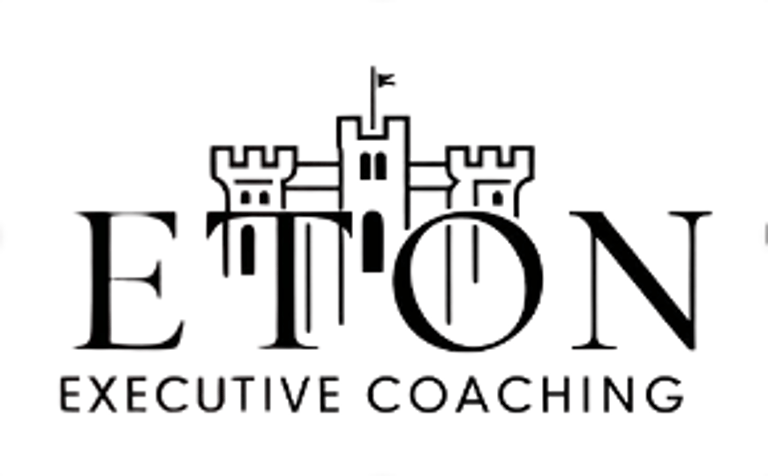To Merge or Not to Merge?
The Future of UK Higher Education: Challenges and Consolidation
7/8/20253 min read


The Future of UK Higher Education: Challenges, Consolidation, and the Role of Executive Coaching
The UK higher education sector is undergoing significant transformation. Financial pressures, fluctuating international student numbers, and the continuing effects of Brexit have created a challenging environment for universities.
The Key drivers are:
Funding Constraints
Government funding for universities has declined significantly in real terms over the past decade, while tuition fees for domestic students remains relatively static. Inflation has further strained budgets, leading to course closures and staff redundancies across the sector.
International Student Recruitment
Brexit has contributed to a significant drop in EU student enrolment and new visa regulations and higher fees deter applicants.
Rising Operational Costs
Increased expenditure on research, infrastructure, and student services has compelled universities to reassess their financial models.
The Case for Consolidation and Mergers
With financial challenges mounting, consolidation through mergers is becoming an increasingly viable strategy for universities.
Financial Resilience: Mergers enable institutions to pool resources, reduce operational expenses, and enhance financial sustainability.
Academic and Research Strength: Consolidation allows universities to maintain a diverse range of courses by integrating faculties and expertise.
Strategic Expansion: Some institutions are adopting group structures akin to multi-academy trusts to navigate financial pressures.
Recent mergers, such as City, University of London joining forces with St George’s, University of London, highlight the growing trend of consolidation within the sector.
The Role of Executive Coaching in Higher Education Mergers and Leadership Transitions
Mergers and leadership transitions can be disruptive, leading to uncertainty among staff and students. Executive coaching plays a vital role in ensuring smooth transitions and fostering positive outcomes.
Leadership Transition Support
When university leaders assume new roles, executive coaching provides structured support to accelerate their impact. Coaches assist leaders in:
- Establishing a clear understanding of institutional priorities.
- Building relationships with key stakeholders.
- Navigating organisational dynamics effectively.
Strategic Vision and Alignment
Coaching enhances foresight, helping leaders align university strategies with evolving sector demands. This includes:
- Refining institutional vision to reflect the changing educational landscape.
- Ensuring strategic decisions contribute to long-term sustainability.
Managing Leadership Team Transitions and Cultural Integration
Leadership transitions often bring shifts in institutional culture, which can create uncertainty among staff and students. Executive coaching supports leaders in:
Cultural Integration: Helping leadership teams align values, expectations, and working styles to create a cohesive organisational identity.
Managing Resistance to Change: Addressing concerns proactively and fostering a culture of adaptability.
Building Trust and Collaboration: Encouraging open dialogue and shared decision-making to strengthen team cohesion.
Maintaining Momentum During Transitions: Transitions can disrupt institutional progress, but executive coaching ensures continuity by:
Providing Stability: Helping leaders maintain focus on core objectives while navigating change.
Empowering Middle Management: Equipping department heads with the tools to support their teams effectively.
Sustaining Engagement: Encouraging staff and students to remain invested in the institution’s vision and goals.
Decision-Making and Resilience: Executive coaching sharpens decision-making skills, ensuring leaders make informed choices under pressure. Additionally, it fosters resilience, equipping leaders to manage challenges with confidence.
Stakeholder Engagement and Communication: Successful transitions rely on engagement from faculty, staff, and students. Coaching provides leaders with strategies to:
- Communicate vision and strategic direction effectively.
- Address concerns with transparency.
- Maintain trust and morale during periods of change.
Conclusion
The UK higher education sector stands at a crossroads, with financial pressures and evolving enrolment patterns necessitating bold strategies, including mergers and consolidation. Executive coaching offers the leadership support required to navigate these transitions successfully, ensuring that universities emerge stronger and more adaptable in the face of change.
By integrating executive coaching into leadership transitions, cultural realignment, and strategic consolidation, institutions can foster stability, innovation, and long-term success in an evolving educational landscape.
If you would like to explore having an Executive Coach, who has over a decade as Vice-Chancellor and CEO, the first step is to book a call to find out more.
Please go to the booking page https://calendly.com/etonexec/30-minutes-initial-call
